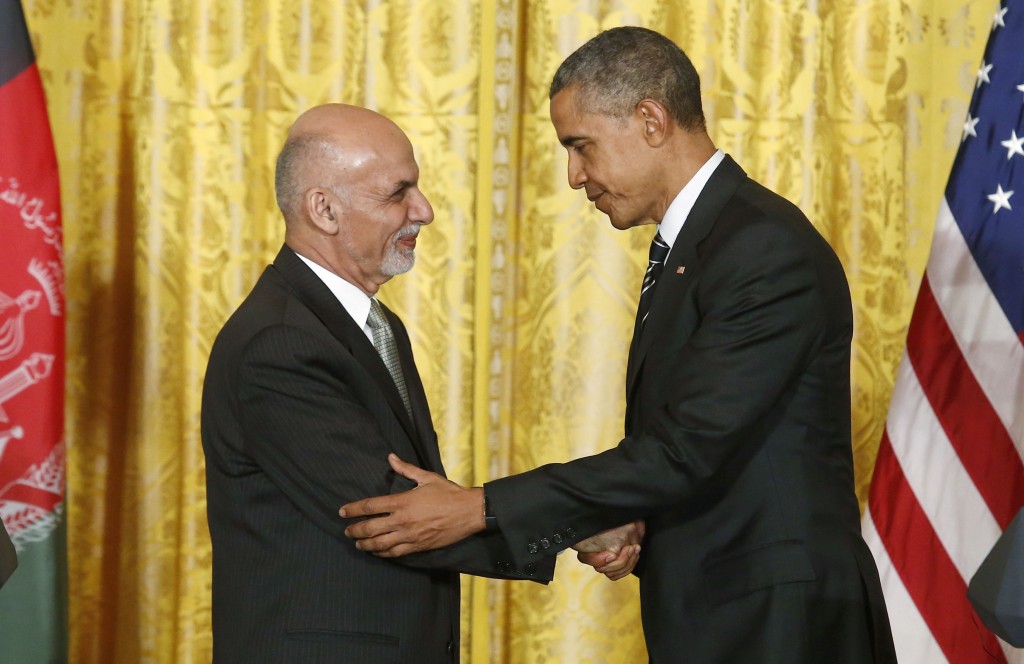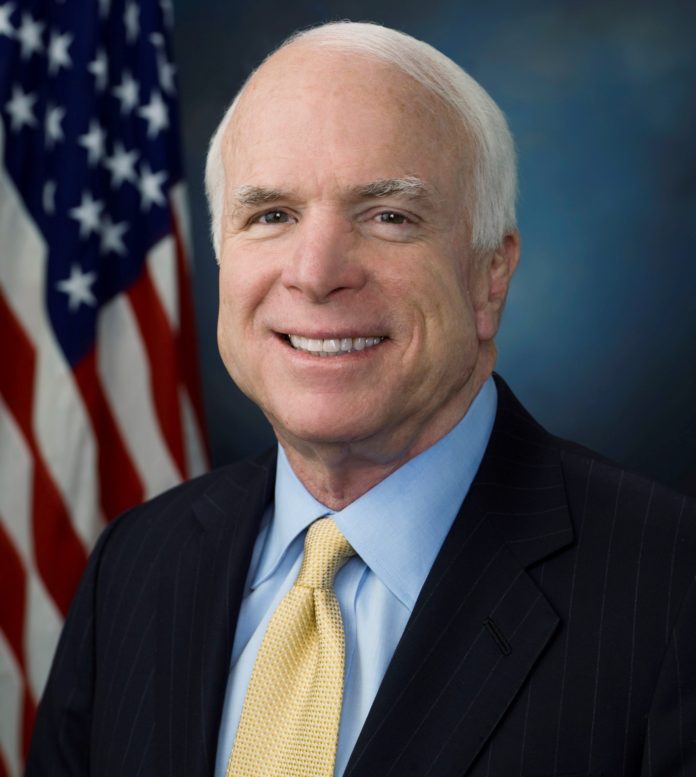Advocating western policies to moderate extreme nationalistic and anti-western feelings in the face of Soviet Union’s domination of its neighbours, Pakistan enthusiastically joined the US-sponsored Baghdad Pact (re-named CENTO after Iraq left) and SEATO to contain Soviet advance southwards in Asia. With India refusing to be part of any US Alliance, its opposition to the US without exception in all international forums made it a de-facto member of the Soviet camp. In contrast Pakistan got labelled and suffered in third world perception (it was not allowed non-aligned countries membership) and scorn as a US lackey. Its many sacrifices furthering US interests are well documented.
After the collapse of the once-powerful Soviet Union, the US was quick to to woo India according to the policy annunciated by Ambassador Chester Bowles more than 50 years ago to gain political, economic and strategic advantages in the region. With the variables and imponderables in the South Asia equation turning into a huge challenge, the geo-political situation in South Asia continues to remain unclear. While India would have it so for its own hegemonic ambitions, the US has not entirely marginalized Pakistan given its geo-political alignment being vital to the US in this part of the world, however the Obama Administration has certainly favoured India at the expense of Pakistan. The US-India cooperation remains vulnerable to internal contradictions within India, especially its so-called ‘secular’ status.
The trust deficit with the US was accentuated during Zardari’s five years rule quite deliberately causing immense damage to US-Pakistan relationship and to the image of the Pakistan Army. Playing up our “ambitions” in Afghanistan as a bogey in US eyes, Zardari portrayed himself as the flag bearer of US interests (and democracy) and thus survived 5 years in office. As Pakistan’s Ambassador to the US, brilliant Hussain Haqqani stoked US fears not by mis-stating incontrovertible facts but by embellishing them and creating fiction thereof. Serving Zardari’s interests assiduously at the expense of Pakistan, he now serves his own personal interests, unfortunately continuing at the expense of Pakistan. His acknowledged talents have been a tremendous loss to Pakistan, what a tremendous lobbyist for Pakistan this man would have been!
John McCain is no ordinary human being, son and grandson of Admirals in the US Navy, he was shot down over Vietnam in 1967 and spent seven years as a POW. He was badly tortured and beaten but never broke, McCain has been honoured for his courage and fortitude. Voted into the House of Representatives in 1982 he won a Senate Seat in 1987. A ranking member of the powerful Senate Armed Forces Committee, he replaced Carl Lewin as the Chairman three years ago. The US Congressional Delegation, which included South Carolina Republican Senator Lindsey Graham, Indiana Democratic Senator Joe Donnelly etc., visit to North Waziristan was important because McCain’s soldierly instincts immediately recognised the sacrifices made by the Pakistan Army and how ridiculous it was for the US asking Pakistan to “do more” about the so-called Haqqani network when they were standing at “ground zero” of the “network”. The field commanders on the ground in North Waziristan explained how they were taking action against all militants on its soil by “sequencing” the targets according to priorities equated to available resources. With peace in Afghanistan directly linked to peace in Pakistan, what can be the strategic repercussions of pushing Pakistan so hard? The US Congressional delegation has the potential of being a game-changer. Mingling with our soldiers Senator McCain and his Congressional colleagues vociferously acknowledged Pakistan’s successes against the terrorists, saying that the Pakistan Army’s ‘achievements in counter terrorism operations were phenomenal and reflected Pakistan’s determination to eliminate terrorism’. Coming from McCain, a man known not to mince woods, this was music!

Talking to a private news channel Senator McCain had said that responsibility for the trouble in Afghanistan and failure to resolve it did not lie with Pakistan or President Ashraf Ghani but with President Barack Obama. He said Pakistan and US need to cement relations in all dimensions and must strive for greater coordination for optimal deliverance of peace dividend in the region. The US seems to view Pakistan through the “Afghanistan Prism” ever since Barack Obama became the US President, To appease India the “Af-Pak” term was created as a sop to the (than) proposed US-India strategic relationship. The alleged lack of progress on “preventing Afghan insurgents from using Pakistani soil” also recently prompted the US Congress to stop the Obama Administration from subsidizing the purchase of eight F-16 fighter planes badly needed by Islamabad to carry out precision strikes against militants. One of the successes of the McCain trip is the possibility that the US would let Jordan sell its used F-16s to Pakistan, in far greater number and at far lesser prices.
The recent move initiated by the US with President Obama going out on a limb to support India’s membership to the Nuclear Suppliers Group (NSG) is a glaring example of practising double standards in the region. Our nuclear status must be given equal recognition to India, the US must treat us as a partner rather than a supplicant. A nuclear vacuum will have grave consequences in the region.
We criticize the govt on any number of issues. Sometimes they deserve Kudos which must not be denied them. McCain visit may become a game-changer because of the excellent civil-military cooperation on a vital foreign policy front. McCain and his delegation were invited by the COAS, his visit to North Waziristan was a phenomenal initiative. The positive reactions of the visit could not have been consolidated except for the outstanding credible presentation made by Mr. Sartaj Aziz and his colleagues in the Foreign Office.
The foreign policy of a State is formulated according to its regional environment, national interest, capabilities, and ideologies. The US relaxed four sets of sanctions against Pakistan when it joined the US-led coalition forces in 2001 in the war against terrorism. However, all the commitments were discarded once US interests were near achievement. Every State has its own way of dealing in this world and defining its particular role in the comity of nations. Pakistan must realistically review its foreign policy options to promote its own national interest and prestige. Our relations with the US must be transformed by challenging the narrative to get our message across. Pakistan must create its own space to not only establish but cement its relevance to the US, otherwise the geo-political configuration of this region will continue to remain uncertain and undefined.




